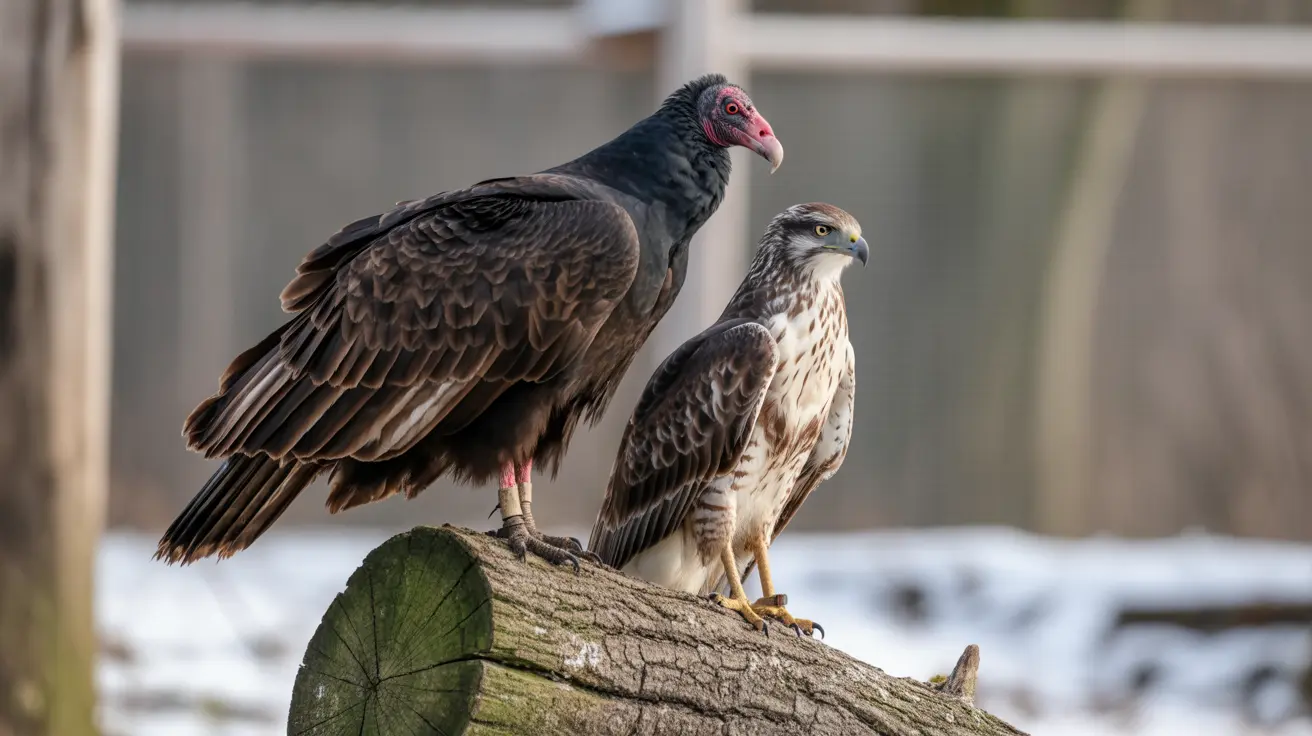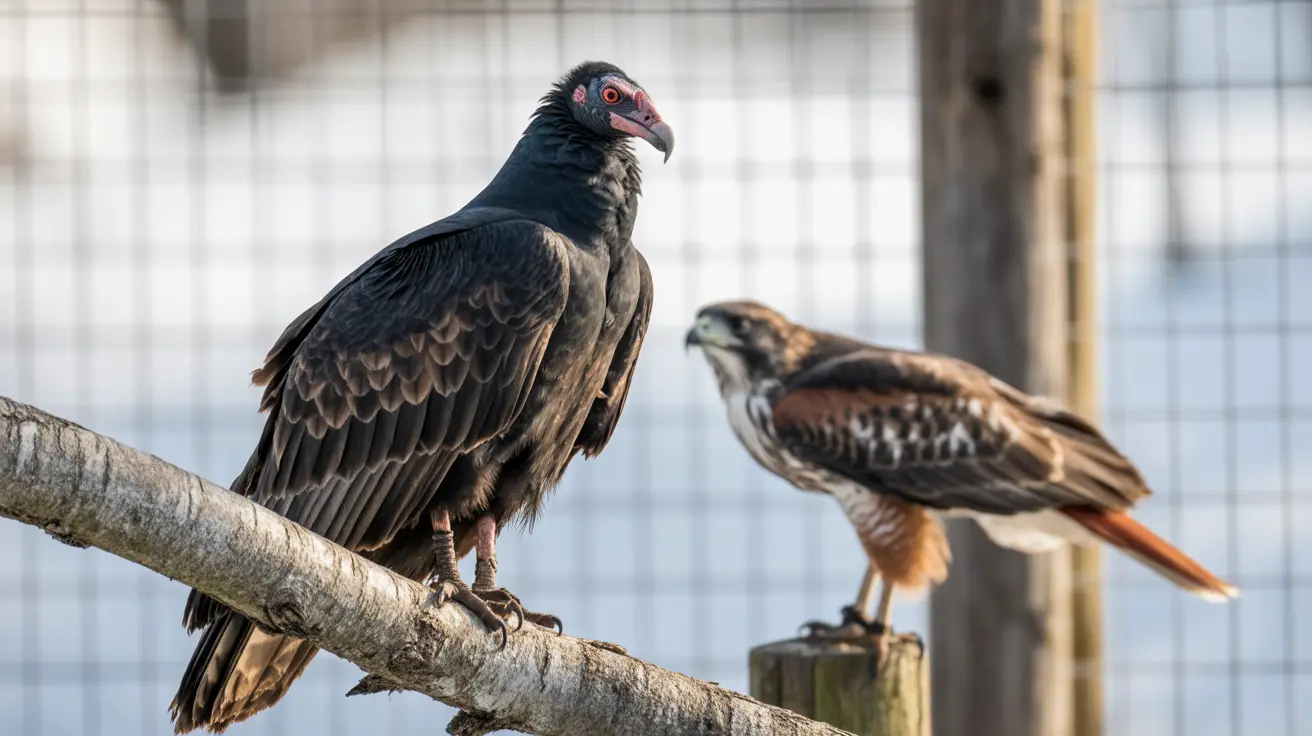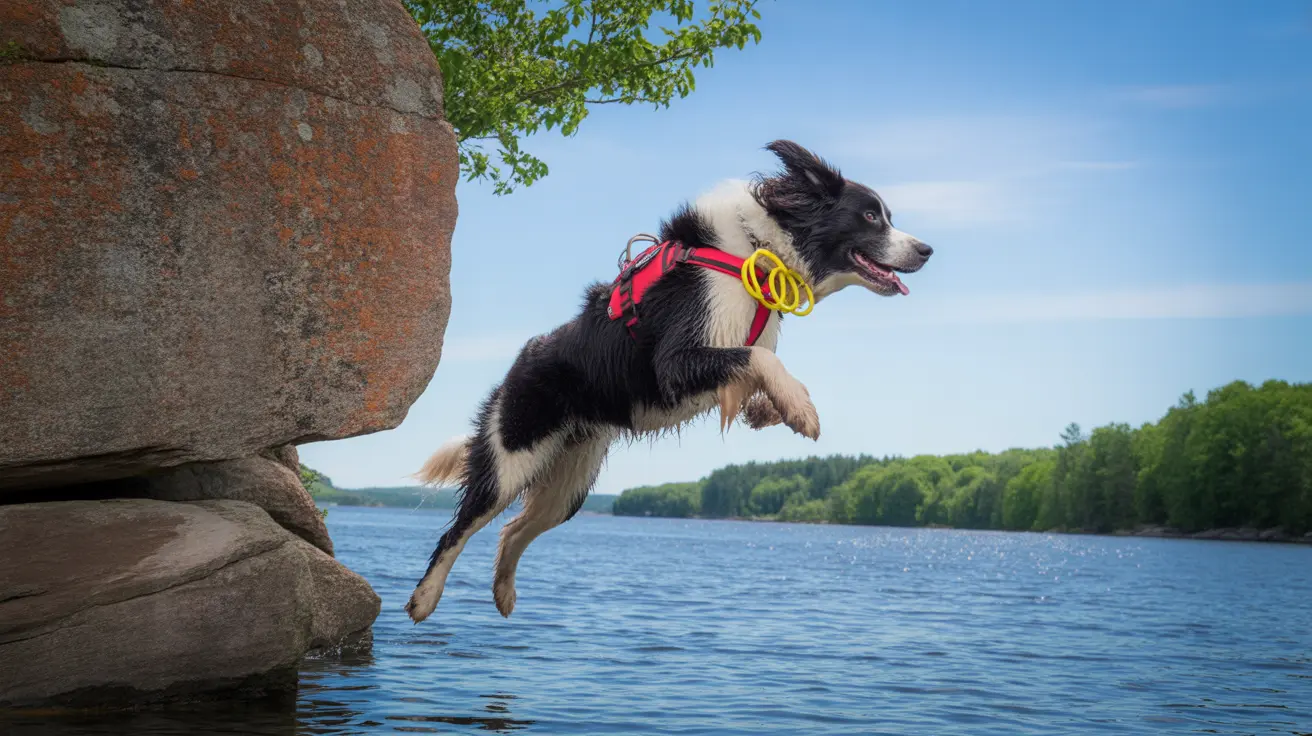Is the Carolina Dog a Rare Breed? Understanding America's Wild Dog
The Carolina Dog, often referred to as the American Dingo or Dixie Dingo, is a unique and fascinating breed with deep roots in North American history. Known for their wild origins, this breed has a story that sets it apart from many modern domestic dogs. But is the Carolina Dog truly a rare breed? In short, yes. Let's explore why this breed is rare, where it comes from, and what potential owners should know.
Origins of the Carolina Dog
The Carolina Dog traces its lineage back to the ancient pariah dogs of Asia, believed to have crossed into North America thousands of years ago with the first human settlers. These dogs adapted to life in the wilds of the Southeastern United States, especially in the swamplands and forests of South Carolina and Georgia.
Unlike most dog breeds, the Carolina Dog wasn’t selectively bred by humans for specific traits. Instead, natural selection shaped its development, which makes it both biologically and behaviorally distinct.
Reasons Why the Carolina Dog Is Considered Rare
- Limited Geographic Range: Most Carolina Dogs are found in the Southeastern U.S., primarily in isolated, rural areas.
- Lack of Global Recognition: The breed is not officially recognized by many major kennel clubs worldwide, although it is recorded in the American Rare Breed Association and the United Kennel Club.
- Small Breeding Population: There are relatively few breeders of Carolina Dogs, and many still live in the wild.
- Primitive Traits: Their wild ancestry makes them less common as household pets compared to traditional breeds.
Characteristics of the Carolina Dog
Carolina Dogs exhibit many primitive characteristics, both in behavior and appearance. These include:
- Medium size with a lean, muscular build
- Erect ears and a fox-like face
- Short, dense coat usually in shades of ginger, tan, or cream
- Reserved temperament—often cautious with humans but loyal to their family after socialization
Behavior and Temperament
Carolina Dogs maintain many traits from their wild ancestors. They tend to be highly intelligent, independent, and alert. While they can be socialized to live with humans and other animals, they require consistent training and early exposure to various environments.
Challenges of Owning a Rare Breed
Owning a rare breed like the Carolina Dog comes with specific challenges:
- Veterinary Knowledge: Not all vets are familiar with the breed’s unique traits.
- Training Needs: Their independent nature may make training more complex than with traditional breeds.
- Socialization: Early and consistent socialization is crucial to prevent shyness or fear-based aggression.
- Limited Resources: Finding breed-specific support, training tips, and supplies can be difficult due to their rarity.
Where to Find a Carolina Dog
If you're interested in adopting a Carolina Dog, consider the following options:
- Reputable breeders who focus on maintaining the breed’s integrity and health
- Rescue organizations that specialize in rare or primitive breeds
- Animal shelters in the Southeastern U.S., where some feral individuals may be found
Conservation Efforts
Several organizations are working to conserve and promote the Carolina Dog. Preservation includes maintaining their natural behaviors and habitat, educating the public, and supporting responsible breeding practices.
Conclusion
The Carolina Dog is indeed a rare and remarkable breed. With a rich history rooted in survival and adaptation, this dog represents a living connection to the earliest canine companions of humans in North America. While not for every dog owner, those who are prepared to meet their unique needs will find a loyal, intelligent, and fascinating companion in the Carolina Dog.





